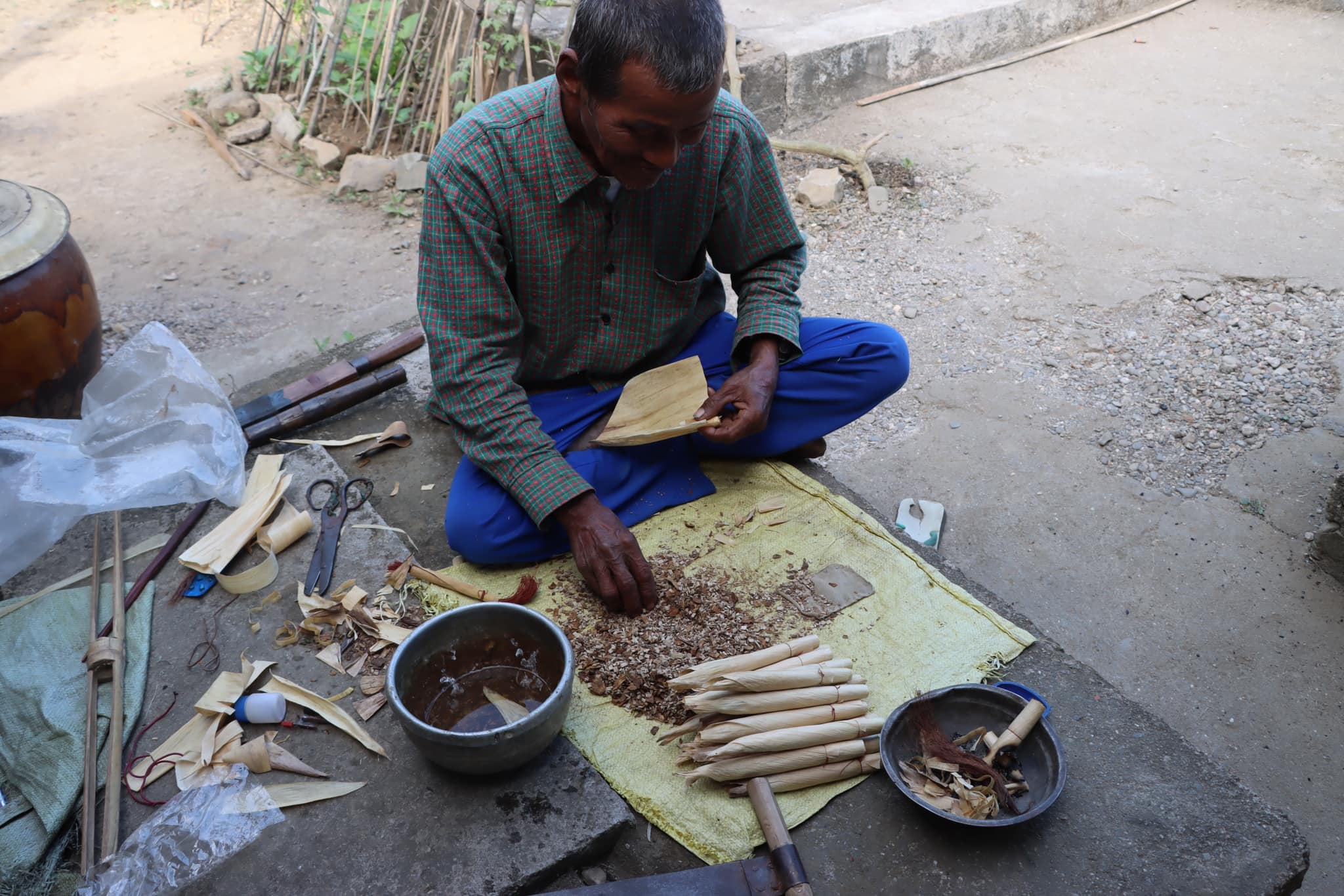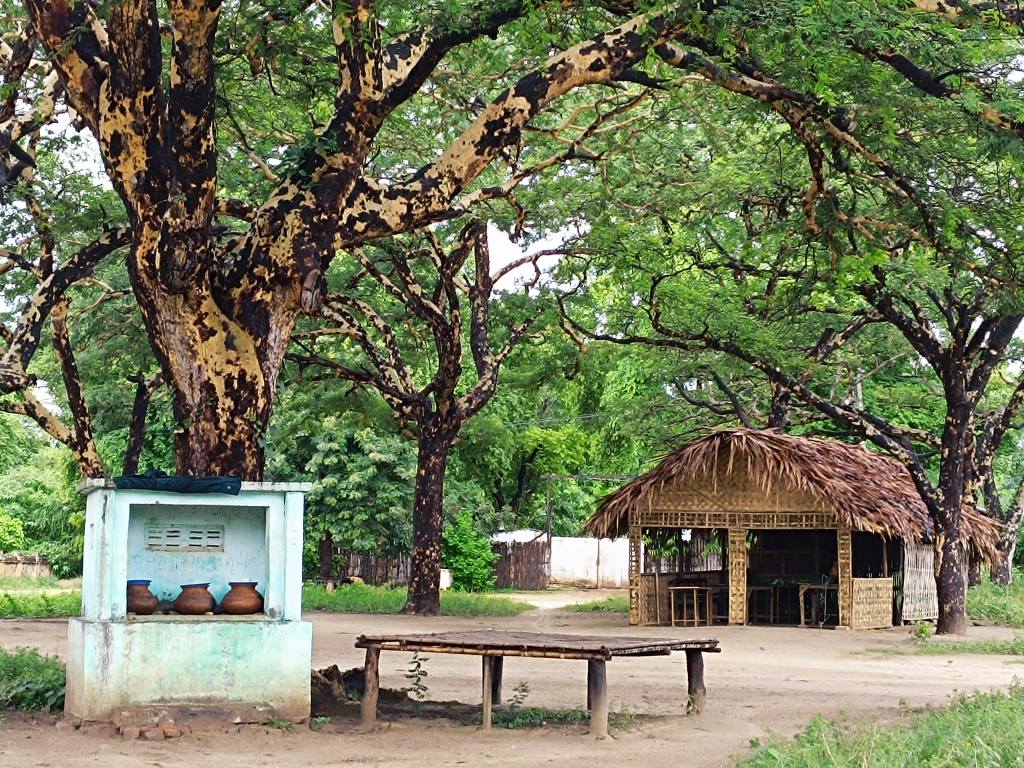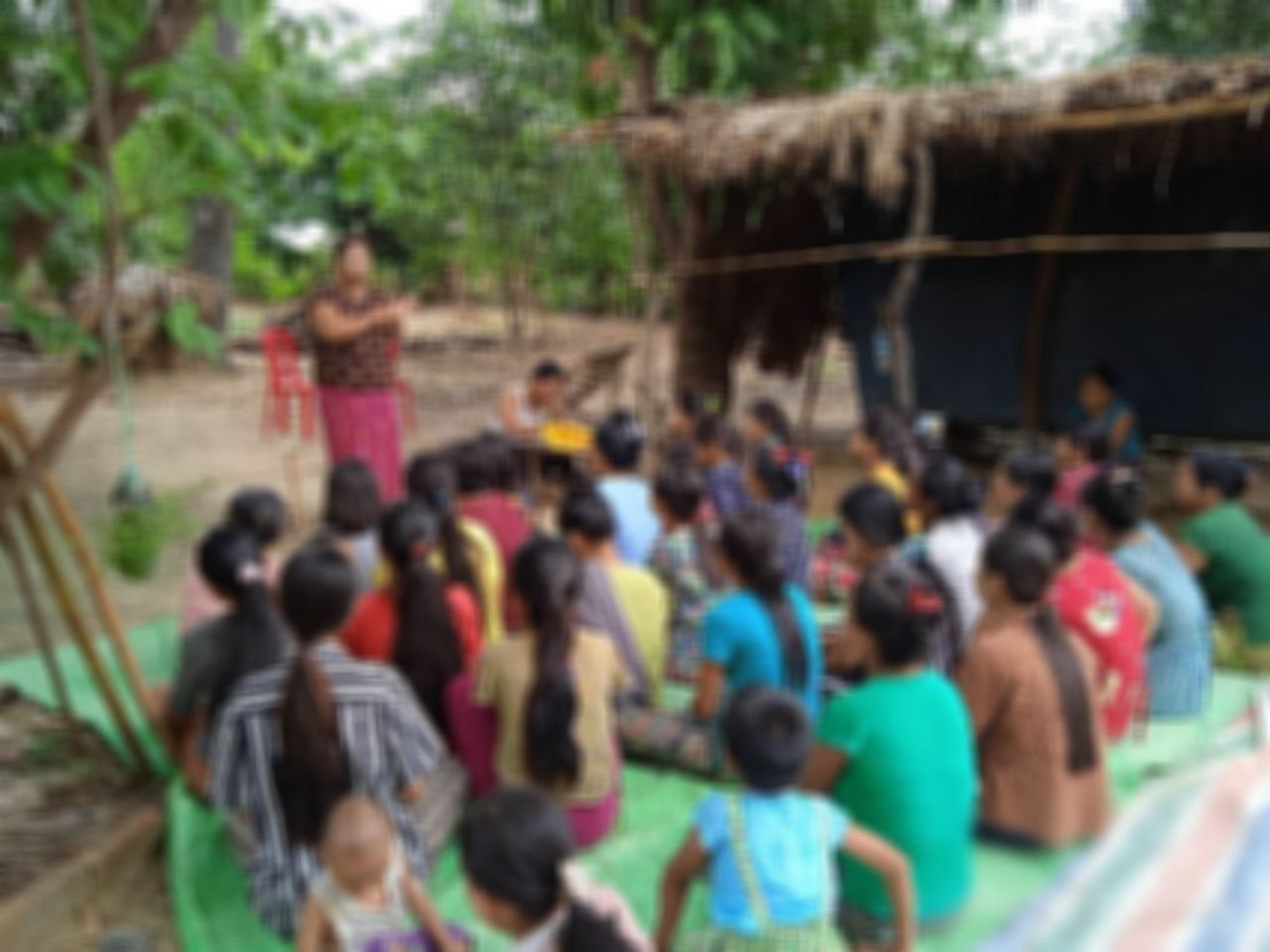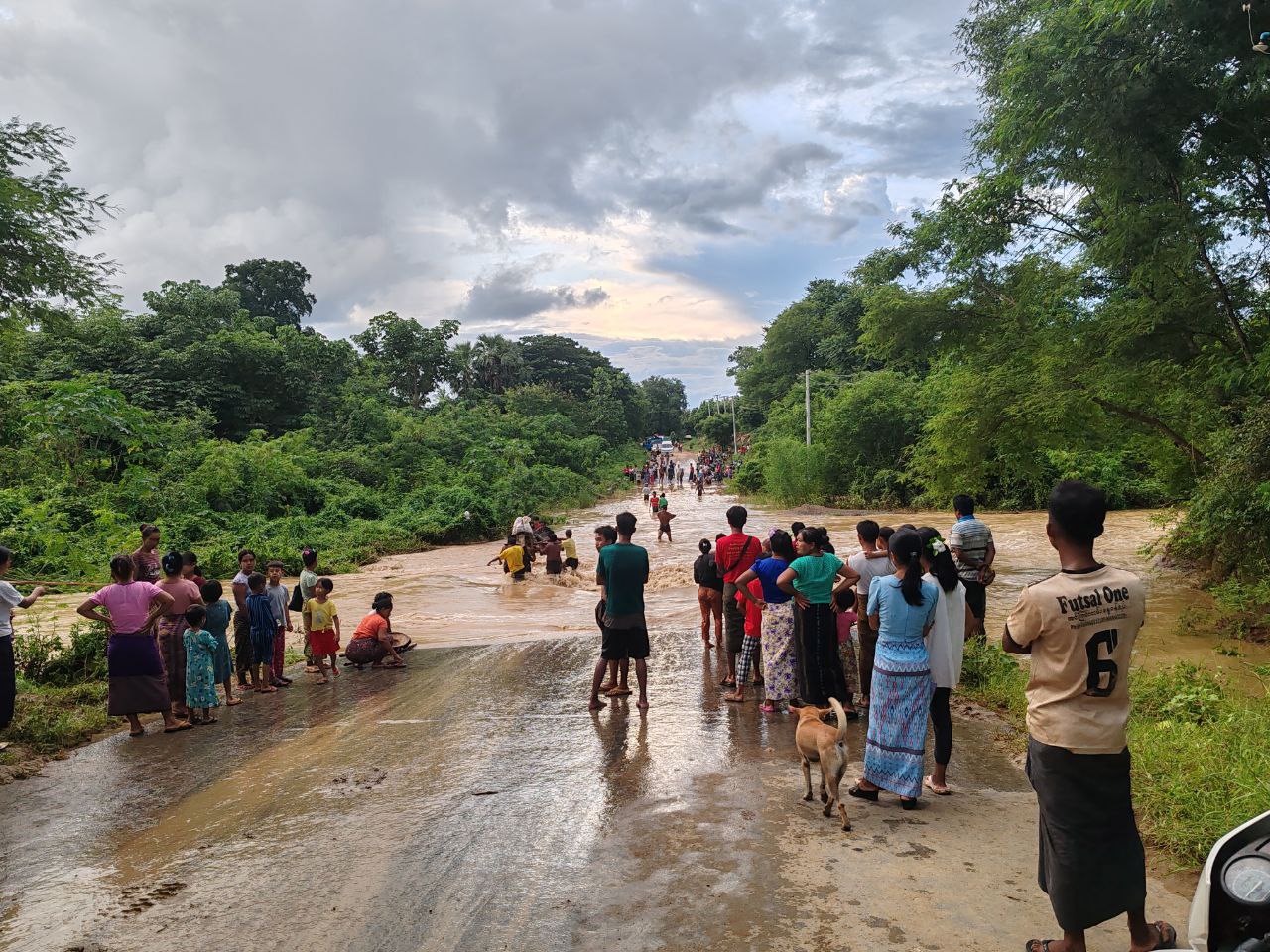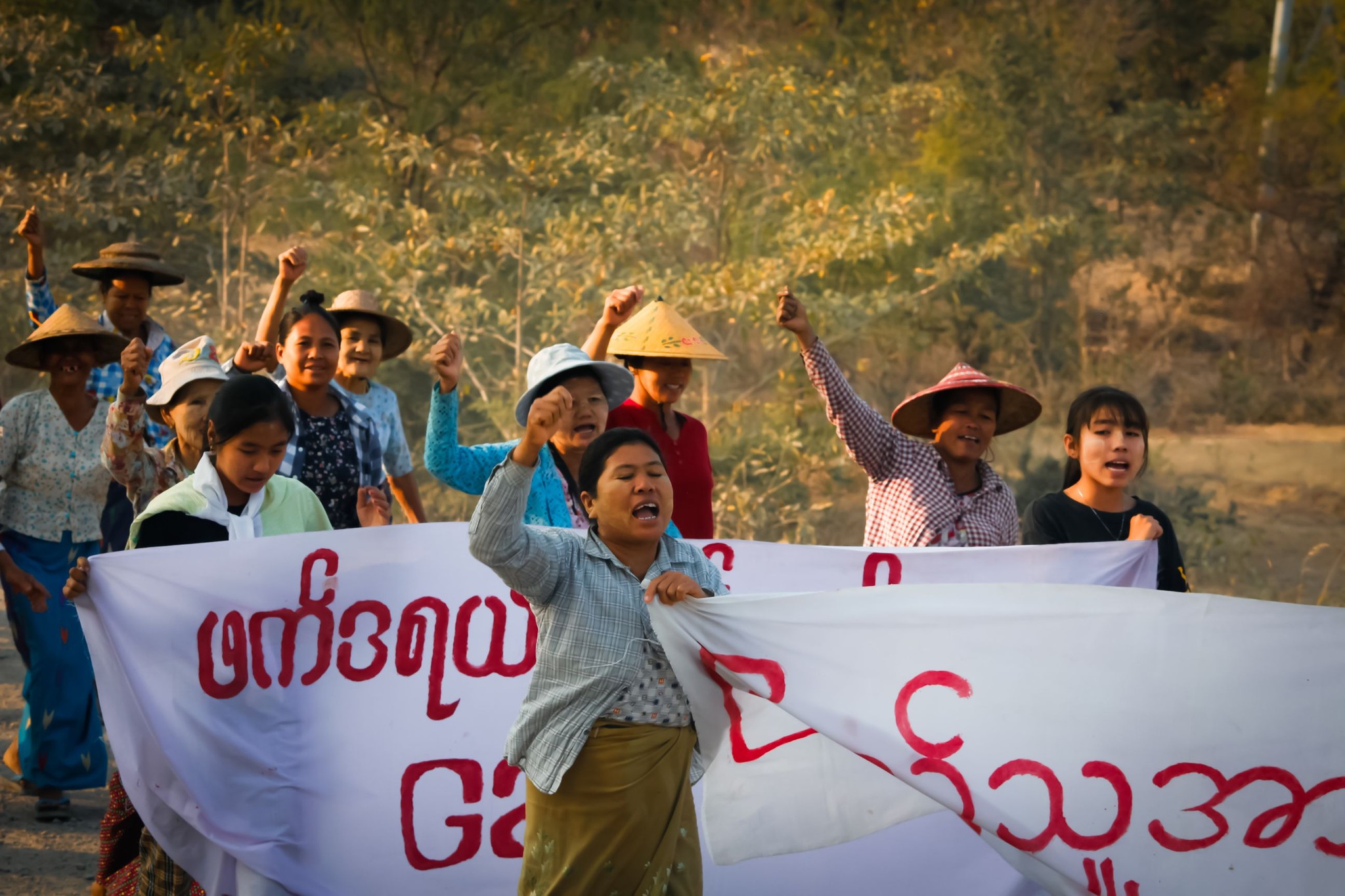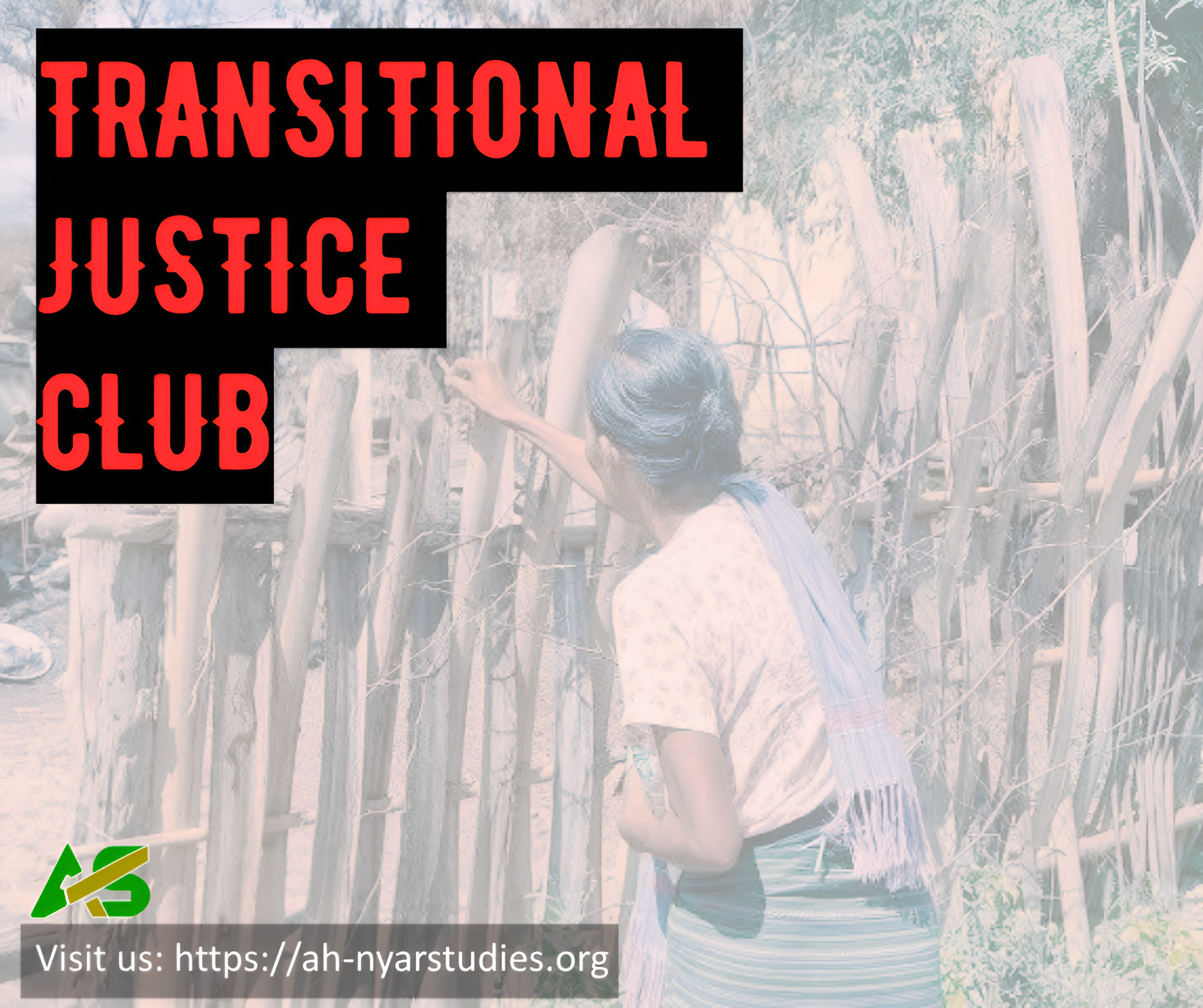၂၀၂၅ ရွေးကောက်ပွဲအပေါ် အညာလူထု၏ အမြင်စစ်တမ်း
Centre for Ah Nyar Studies (CAS) is currently conducting a short public opinion survey on the 2025 Election. The survey aims to understand how people living in the Ah Nyar perceive the upcoming December 2025 election.
Read More

